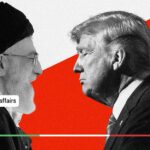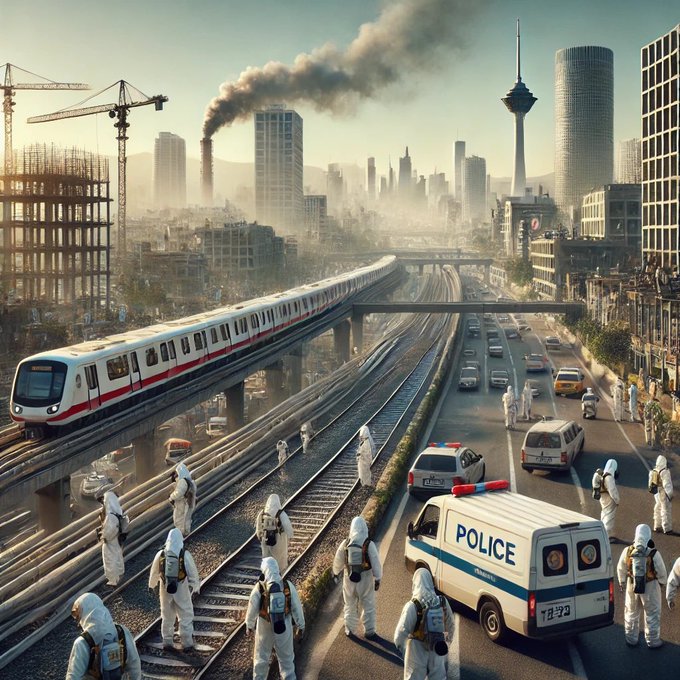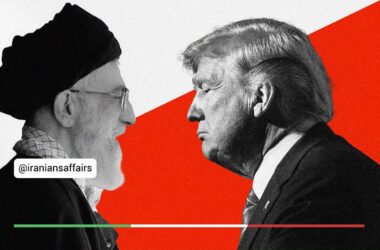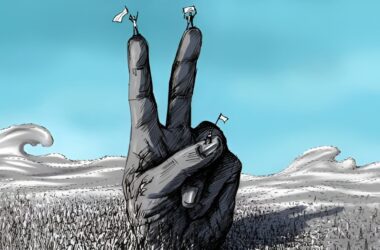A key question in the current situation is whether, in the event of an Israeli attack on Iran’s energy infrastructure, the Islamic Republic could manage energy shortages and public discontent by implementing the severe restrictions it used during the peak of the 2020 quarantine.
The direct military confrontation between the Islamic Republic and Israel, which began months ago and intensified after the October 1 attack, has led to increased speculation about the characteristics and consequences of this conflict. With the likelihood of an Israeli strike in the coming days becoming more certain, the issue of damage to Iran’s energy supply and fuel processing infrastructure has become a concern for the Iranian public. For many Iranians, attacks on military (even command centers) and nuclear facilities (since most of them do not involve plutonium contamination) may not be of particular concern, but the issue of fuel and energy is different.
Despite its vast oil and gas resources, the Islamic Republic has failed to manage and exploit them effectively for the benefit of its people. Frequent and widespread electricity outages during the summer, gas shortages and low pressure in winter, and the inability to provide gasoline and diesel fuel in recent years have been prominent. Moreover, the poor quality of fuel and energy production has contributed to air pollution, exacerbating the situation. This raises serious concerns about the regime’s ability to manage these challenges should Israeli military strikes target energy and fuel production facilities.
However, since the intolerable electricity shortages of the summer of 2021, the Islamic Republic has made efforts to prevent widespread public dissatisfaction in this area. Regional management of consumer sectors and the use of mazut (heavy fuel oil) in power plants instead of gas have somewhat alleviated the burden of energy shortages.
Furthermore, the extraordinary conditions during the COVID-19 quarantine have provided a special opportunity for management. Now, a key question in the current situation is whether the Islamic Republic could control energy shortages and public discontent through the implementation of the strict restrictions seen during the peak of the 2020 quarantine if Israel attacks the country’s energy infrastructure.
The 2020 plan included restrictions such as a ban on inter-provincial passenger travel, limits on inter-provincial cargo transport, citywide blackouts from early evening hours, the closure of all educational, administrative, recreational, and public centers, classified bans on vehicle movements within cities (including restrictions on leaving homes), telecommuting, and depopulating cities. This plan significantly reduced electricity consumption in urban areas, particularly at night. The need for fuel for personal and service vehicles also dropped dramatically, with reductions estimated at up to 30%.
This plan is likely the first option on the table in the Islamic Republic’s decision-making and management circles in the event of Israeli military strikes on infrastructure. The plan could even be framed as a response to the spread of disease in the country, masking some of the regime’s shortcomings from public view. Although the quality of life for the Iranian people would deteriorate, this strategy could help prevent initial shock, and the government is prepared to implement it.
